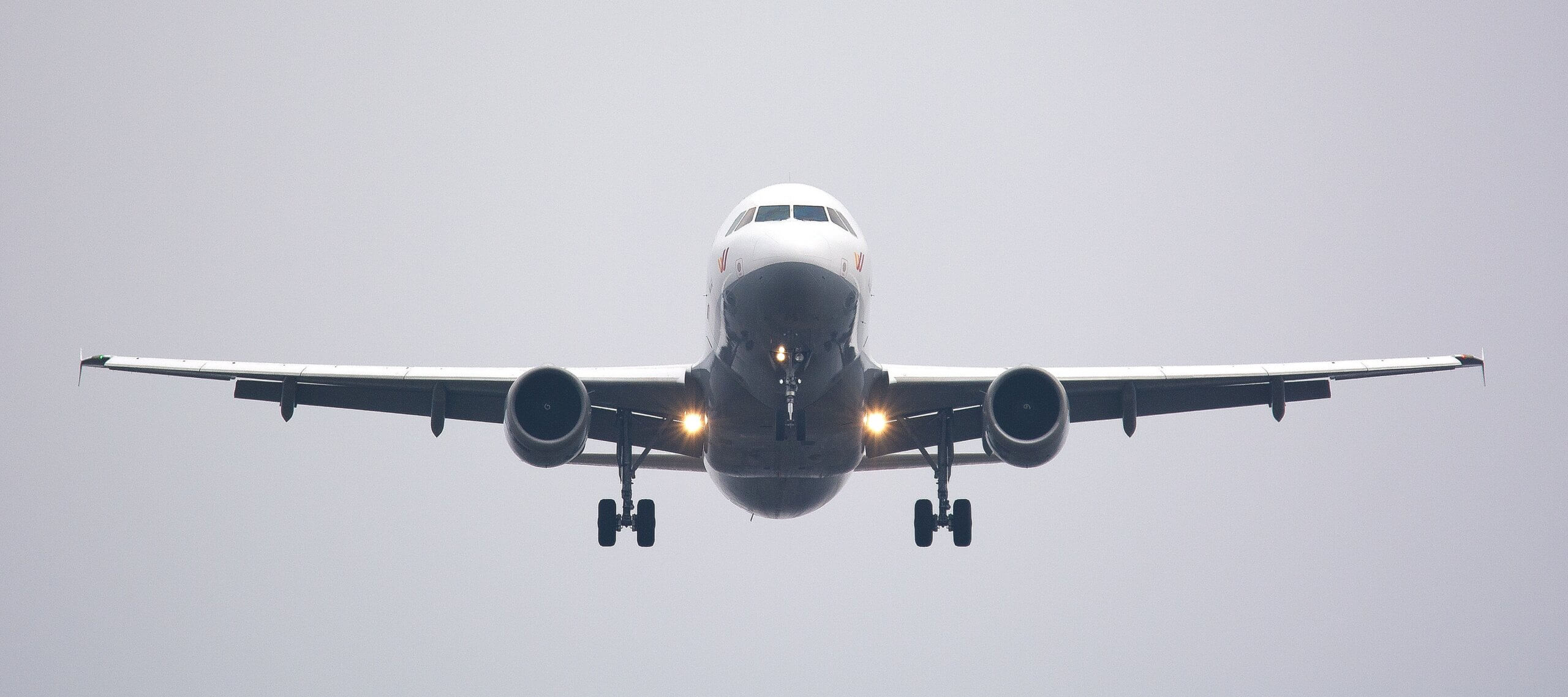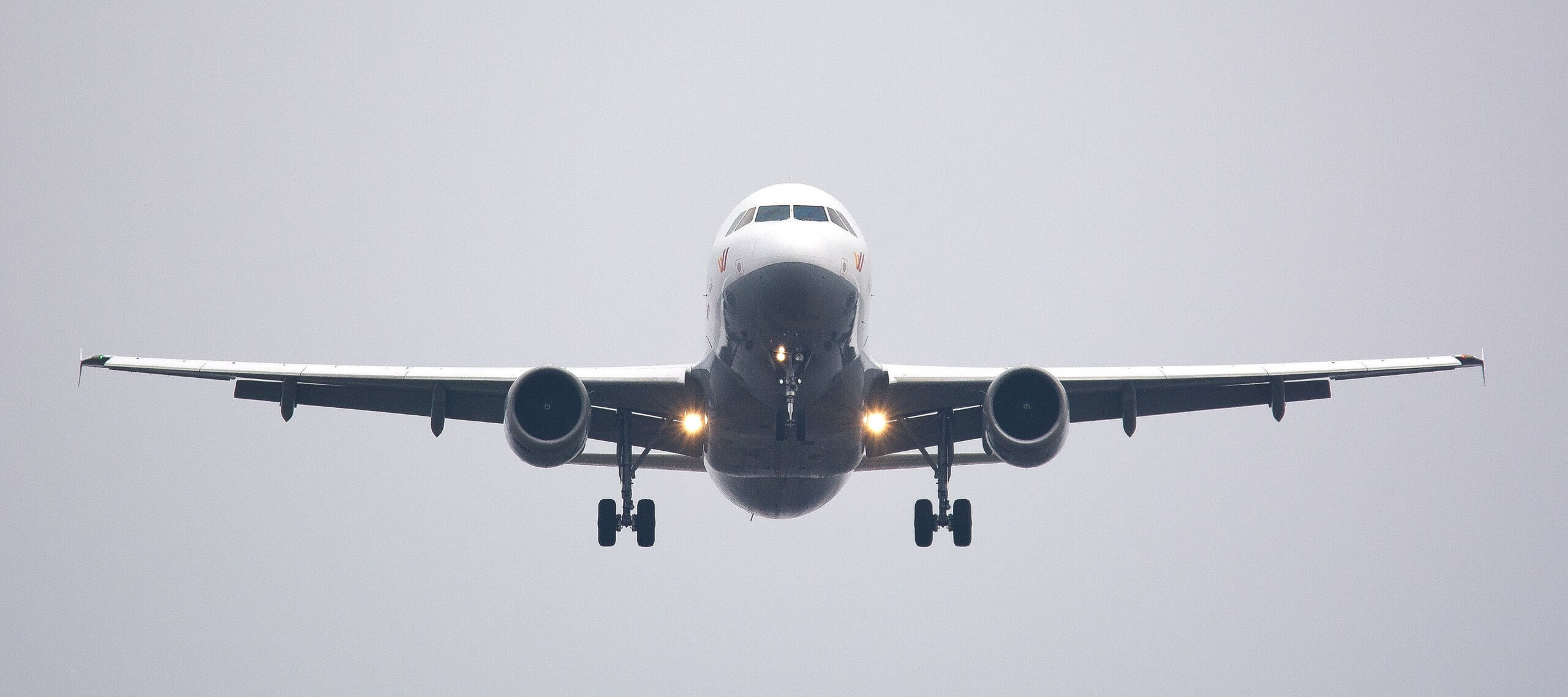China is nearing mass production of its first large passenger jet, the C919. This is a major breakthrough for Beijing. It is a function of extensive investment and planning directed by the highest levels of the Chinese Communist Party. The C919 – made by State-owned COMAC – is also a function of international technology, shared by major global companies.
As an April 11 investigation from CBS News outlined, the C919 looks similar to its competitors, whether the Airbus A-320 or the Boeing 737. Sixty percent of the plane’s components stem from deals with US aerospace companies, including Collins Aerospace, GE Aviation, and Honeywell. And COMAC’s goal – as well as that of the State-guided Chinese aerospace industry more broadly – is to disrupt all of these incumbents.
Beijing is positioning to squeeze international industrial leaders out of their markets – by leveraging their technology.
In other words, Beijing is positioning to squeeze international industrial leaders out of their markets – by leveraging their technology.
This is not a novel phenomenon. It’s a long-standing reality across critical industries, whether aerospace or automotive, biotechnology or information technology. But the C919 should be a wake-up call. It should be a wake-up call for companies as to the dangers of handing technology to China. And it should spark alarm among both individuals and markets about the self-destructive business model global companies have adopted vis-à-vis China.
Investors should call on corporate leadership to rethink a business model of self-destruction; footprints in and partnerships with China in strategic sectors should be treated as a liability.
There is, of course, the patriotic and normative reality. Access to cutting-edge technology – especially in dual-use relevant fields like the aerospace industry – promises to fuel Beijing’s military modernization and surveillance state. More broadly, Beijing is an authoritarian adversary intent on using industrial prowess to assert global control; any support for that mission undermines the integrity of the international system.
But there is also a simple commercial calculus here. The complicity of major US and international companies with China threatens their economic future – with it that of their countries. COMAC and the C919 don’t just exist for the sake of China’s pride or military. They exist because Beijing wants to capture market share from global incumbents. And in playing nice with China, those very global incumbents are easing the process for Beijing.
China competes by distorting free markets. But the market can, and should, defend itself.
The story has already played out in high-speed rail and the solar energy industry, to name just a few cases. Yet there’s been little updating. Even with the C919 nearing commercialization, Airbus just announced that it would expand its production facilities in China. And even as Chinese auto companies position to seize the market of Volkswagen and Tesla, those companies, too, are building out their China footprints.
Honeywell, GE, Airbus, Tesla make money in the short term by working with and in China. But they are driving (flying?) down a dead end. This is bad business. And markets should be holding companies to task for it.
Investors should call on corporate leadership to rethink a business model of self-destruction; footprints in and partnerships with China in strategic sectors should be treated as a liability. And they should factor in the value of the alternative. They should recognize the market logic for supporting companies that don’t hand over their crown jewels to Beijing.
China competes by distorting free markets. But the market can, and should, defend itself.
(Photo by Pixabay/Pexels)




